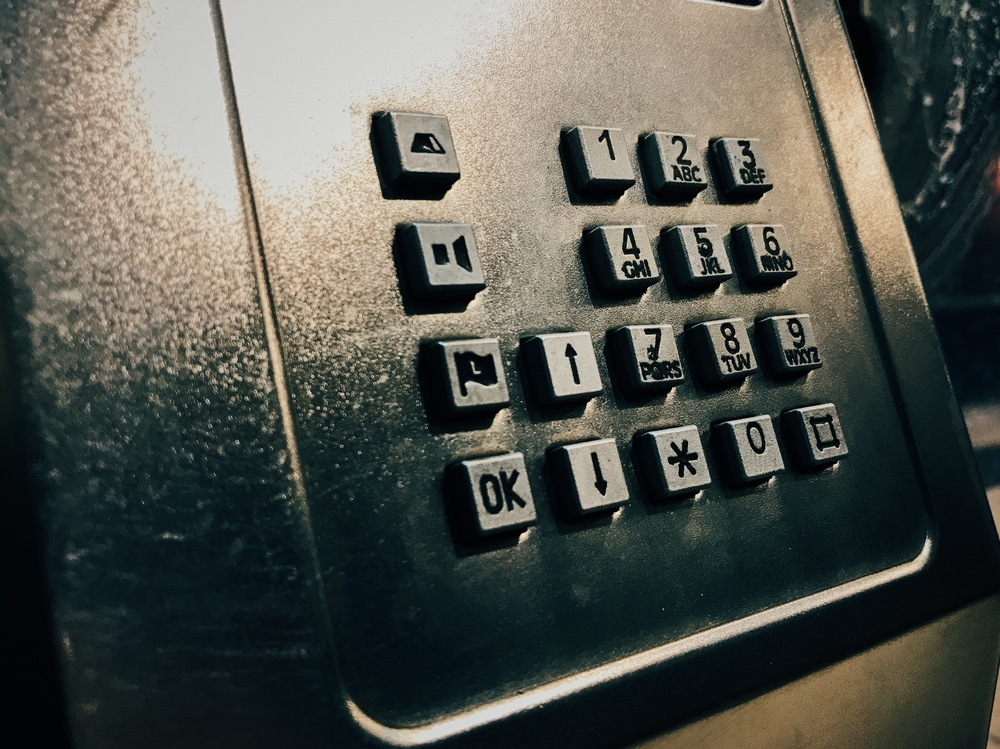A bail bond is a financial arrangement that allows a person who has been arrested and charged with a crime to be released from custody while awaiting trial. It is a way to ensure that the defendant appears in court as required, as well as to provide a financial incentive for the defendant to do so. Here’s how a bail bond typically works:
- Arrest and Booking: When a person is arrested, they are taken into custody and booked at a police station or jail. During this process, their personal information, the nature of the charges, and any other relevant details are recorded.
- Bail Hearing: After the arrest, the defendant may have a bail hearing in front of a judge. At this hearing, the judge will determine whether the defendant is eligible for bail and, if so, set the bail amount. The judge considers various factors, including the severity of the crime, the defendant’s criminal history, and the likelihood of the defendant fleeing before their trial.
- Bail Amount: The bail amount is the sum of money required for the defendant’s release. It serves as a financial guarantee that the defendant will return to court for their scheduled hearings. The bail amount can vary significantly depending on the specific circumstances of the case.
- Posting Bail: To secure their release, the defendant or their family and friends can choose to pay the full bail amount in cash or with a cashier’s check directly to the court or jail. However, many people cannot afford to pay the full amount upfront.
- Bail Bond: In many cases, individuals turn to a bail bondman or bail bond agency for assistance. A bail bondsman is a licensed professional who specializes in providing bail bonds. Instead of paying the full bail amount, the defendant or their loved ones pay a non-refundable fee, typically a percentage of the bail amount, to the bondsman. The bondsman then posts a bond with the court or jail, guaranteeing the defendant’s appearance in court.
- Conditions of Release: When a defendant is released on bail, they must adhere to certain conditions set by the court. These conditions may include obeying all laws, attending all court appearances, not leaving the jurisdiction, and possibly other specific requirements related to the case.
- Court Appearances: The defendant must attend all scheduled court hearings and follow the court’s orders while out on bail. Failure to do so can result in the forfeiture of the bail bond, and the defendant may be re-arrested.
- Resolution of the Case: The legal process continues, with the defendant attending court hearings until their case is resolved. Once the case is concluded, whether through acquittal, conviction, or dismissal, the bail bond is discharged.
- Return of Collateral: If a bail bond was secured with collateral (e.g., property or assets), it is typically returned to the person or entity that provided it once the case is resolved and the bond is discharged. However, the non-refundable fee paid to the bondsman is not returned.
The specific bail process can vary from jurisdiction to jurisdiction, and the laws regarding bail bonds can differ significantly. The bail bond industry is regulated by state laws, and the fees charged by bail bondsmen can vary by location. If you or someone you know is involved in a legal situation requiring bail, it’s advisable to consult with an attorney and a local bail bondsman to understand the specific procedures and costs involved in your area.






